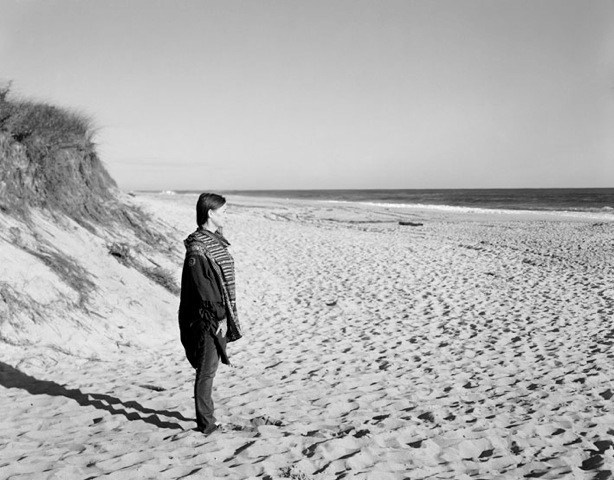
Pamela Miles will be live in conversation on Wanderlust’s Instagram account (@wanderlustfest) on Wed Oct 7 at 2p PT/ 5p ET with Chief of Neurosurgery, Dr. Erich Anderer, to discuss the interplay of Reiki, as a spiritual practice, and Conventional Medicine.
Pamela Miles is a NYC-based Reiki master who has been a student of yoga & meditation for over 50 years, and in 1986, she learned the practice of Reiki. She leads Reiki trainings, professional development for Reiki practitioners, and is currently considered the most prominent Reiki master pioneering the use of Reiki practice in conventional medicine to relieve the suffering of patients, families, and staff.
In keeping with the times, Wanderlust conducted a socially-distanced interview with the Reiki master to learn more about the misconceptions surrounding Reiki, the interplay between Reiki practice and so-called Western medicine, and how our current pandemic lifestyle may be changing our social interactions and our use of touch.
Wanderlust: Sometimes it’s interesting to define something by identifying what it’s not, and particularly in the case of Reiki, there does seem to be many misconceptions about how reiki works and what it is. Can you begin by telling us what Reiki isn’t?
Pamela Miles: Reiki isn’t the same thing to everyone, yet the diversity in the global Reiki community is rarely acknowledged. The public has a reasonable expectation that all things “Reiki” are the same, but that’s just not the case. Those who get turned off may not realize it’s likely not Reiki but the practitioner who’s not a good match for them. If people don’t like a massage therapist, they don’t get turned off to massage. If they don’t like a particular yoga class, people know enough to try another teacher. But the public isn’t well informed about Reiki practice, so people often assume any Reiki practitioner speaks for all Reiki practitioners.
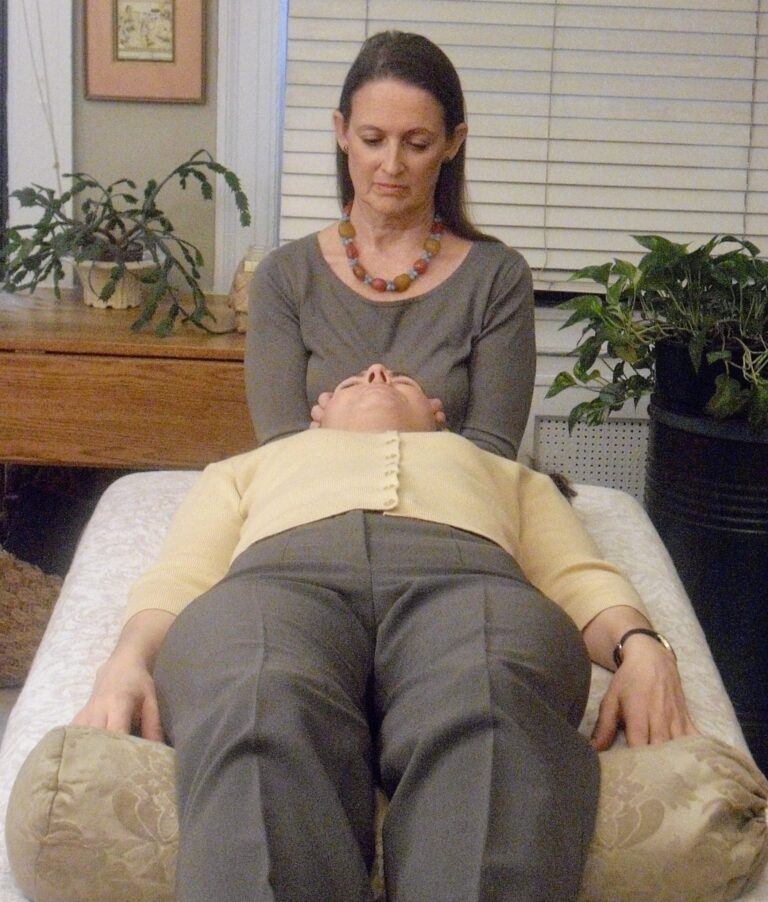 Reiki is not standardized; there’s no agreement regarding Reiki practice or training. Here are some examples of how that plays out. Although from the beginning of this Japanese practice in the 1920s, Reiki was practiced through light touch, with non-touch options when touch was not feasible, many professionals today never touch, but rather hover or wave hands over the receiver. In Japan, Reiki master training was only for those who felt called to teach. Out of more than 2000 students, Reiki lineage founder Mikao Usui trained only sixteen as Reiki masters. Now it is quite common to claim the title of Reiki master, and many who consider themselves Reiki masters have less training and experience than my First Degree students.
Reiki is not standardized; there’s no agreement regarding Reiki practice or training. Here are some examples of how that plays out. Although from the beginning of this Japanese practice in the 1920s, Reiki was practiced through light touch, with non-touch options when touch was not feasible, many professionals today never touch, but rather hover or wave hands over the receiver. In Japan, Reiki master training was only for those who felt called to teach. Out of more than 2000 students, Reiki lineage founder Mikao Usui trained only sixteen as Reiki masters. Now it is quite common to claim the title of Reiki master, and many who consider themselves Reiki masters have less training and experience than my First Degree students.
Reiki is not a thing; it’s a spiritual practice.
Reiki is not energy healing or energy medicine; again, it’s a spiritual practice. The distinction is that energy medicine involves doing, working toward a specific outcome. An acupuncture treatment, for example, is to effect a specific change, such as settling upward-rising liver qi. Reiki practice doesn’t target an outcome in the way medicine does. Rather, it’s a simple, passive, detached placing of hands. All spiritual practice is healing, but the healing that accompanies spiritual practice is a by-product of the experience of practice and isn’t directed. People often speak of Reiki practice as if it were an aspirin, and say, “I’m going to practice Reiki to get rid of this headache.” We’re used to the conventional dose/response paradigm, but that’s not what’s happening with Reiki practice. Rather than targeting a symptom, Reiki practice encourages the system toward its unique balance. That balancing response can improve symptoms. Additionally, self-healing is optimized when the system is balanced. So while people draw a direct line between Reiki practice and symptom relief, that line actually goes through balance. If that process were better recognized, there’d be less confusion about the safety and effectiveness of Reiki practice, and more realistic expectations.
WL: Defining what Reiki IS is perhaps more difficult. You were quoted in an excellent piece in The Atlantic as saying, “Through an unknown mechanism, when a Reiki practitioner places their hands—mindfully and with detachment—it evokes the healing response from deep within the system. We really don’t know why this happens.” Is it fair, then, to say that reiki is a practice that evokes self-healing?
PM: Yes, that’s exactly what it is—a practice that evokes self-healing—and I would add the word spiritual: Reiki is a spiritual practice. I also usually say that Reiki practice supports overall balance. And when the system is balanced, self-healing is optimized.
It’s important to acknowledge Reiki as a spiritual practice. The information shared between the Reiki practitioner and the person receiving the treatment is spiritual. That’s the first domino. Spirituality being the realm of mystery, we don’t know the details of that communication, but we can observe the response to Reiki practice, such as simply feeling better or feeling more relaxed, and we have some limited research evidence of physiologic changes in the direction of balance.
“Spiritual practice” is a larger umbrella than “healing practice.” Today, so many people are spiritually starved. They feel isolated, hopeless, disempowered. Healing practices can help somewhat but they don’t necessarily evoke that profound self-healing response from the core of the system, which is a spiritual response. After a Reiki session, people usually feel uplifted; their overall state is transformed as they experience themselves from their spiritual center.
WL: Speaking of definitions, we recently came across your article that made the distinction between Conventional, Traditional, and Alternative healing methods. Why do you think it’s important that people don’t get these lines blurred? What’s at stake if people’s understanding of traditional medicine isn’t accurate?
PM: It’s not so much a matter of blurring the lines as confusing the paradigms. If people aren’t clear about the paradigms, they won’t have realistic expectations and won’t know where to turn to get help for specific concerns.
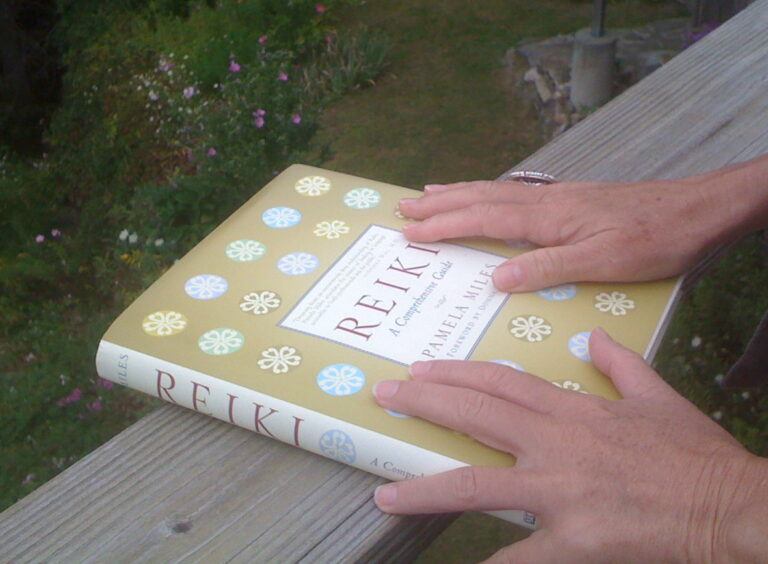 Let’s use surgery as an example. Even surgery that is life-saving is also traumatizing. The surgeon might be able to fix the problem—perhaps replace the heart—but the patient still has to recover from both the ill health that led to the cardiac problem and the trauma of the conventional fix.
Let’s use surgery as an example. Even surgery that is life-saving is also traumatizing. The surgeon might be able to fix the problem—perhaps replace the heart—but the patient still has to recover from both the ill health that led to the cardiac problem and the trauma of the conventional fix.
Conventional medicine is adept at surgery, but not at healing trauma. Patients have to heal largely on their own. However, it’s a medical fact that a traumatized person doesn’t heal well. People typically have a sense of safety and inner comfort after a Reiki treatment. Their nervous system downregulates out of the stress response, and their body’s self healing mechanisms are optimized, without interfering with their conventional medical care.
Traditional medicine—medicine based on indigenous traditions rather than science—supports the body to do what it does best—self-heal—while helping the system return to a balanced state.
For those looking for a more detailed understanding of how effectively Reiki practice can enhance your health care and help to improve your medical outcomes, I recommend looking into my Reiki & Medicine Intensive.
Natural forces within us are the true healers of disease.
~Hippocrates
WL: We’re very excited to be hosting an IG LIVE conversation between you and Chief of Neurosurgery, Dr. Erich Anderer, on the Wanderlust Instagram on Wed Oct 7 at 5p ET.
Many people are surprised to hear that someone as established in the Conventional medical system as he is is a proponent of Reiki practice. Can you discuss interplay between Conventional medicine and Reiki practice in recent years: is it becoming more accepted, and by whom? Which parties are the ones who still are skeptical about Reiki practice? (ie. Insurance companies, hospitals, doctors, patients, media, etc)
PM: The public and medicine are definitely more aware of Reiki practice than when I started the first in-hospital Reiki program in the 1990s. Since then, many hospitals have implemented their own Reiki programs. Some of those programs—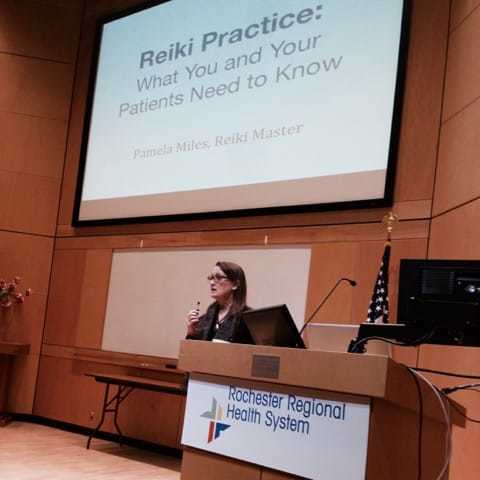 such as those at Memorial Sloan Kettering, M.D. Anderson, Dana Farber/Harvard, Yale/New Haven—seem to be stabilized in the hospital structure. But many more Reiki programs have come and gone with funding and staff changes.
such as those at Memorial Sloan Kettering, M.D. Anderson, Dana Farber/Harvard, Yale/New Haven—seem to be stabilized in the hospital structure. But many more Reiki programs have come and gone with funding and staff changes.
Regarding skepticism—doctors are skeptical, full stop. That’s part of the profile and what we want from them. Conventional doctors practice evidence-based medicine. If you don’t know how to present Reiki practice from an evidence perspective, and you talk about it in magical terms, the conversation won’t go very far. But is the problem skepticism or a lack of common sense and strategy on the part of the Reiki practitioner?
And then there’s our dysfunctional healthcare system. Most hospital Reiki practice is offered by volunteers rather than paid professionals. Reiki practice isn’t reimbursed by insurance because there’s no code for it. There’s no code because there’s no evidence base. There’s no evidence base because there’s no government funding for Reiki research and no business incentive to invest in research. Remember pharmaceutical companies have to research their products in order to pass FDA approval and take drugs to market. Sadly, Reiki is most known as a treatment to be received from a professional. Not many realize that First Degree Reiki practice is easily learned and practiced by individuals and by families.
WL: How has COVID-19 affected the way you teach and/or practice Reiki with your students and clients? Do you see a longer-term impact on individual wellness, socially and emotionally speaking, in the way this virus has imposed a fear of closeness and rules against touch?
PM: The pandemic has definitely affected the setting in which I teach. All my trainings and practice sessions are now online. For example, I teach First degree Reiki in small group, live, interactive videoconferences. In response to the fear and isolation I knew was coming, in early March 2020, I added twice weekly free self practice sessions that are open to everyone, with or without prior Reiki training. From the beginning—I started teaching in 1990—I’ve stressed the importance of daily self Reiki practice. That hasn’t changed.
I try to engage my students in lifestyle medicine with daily Reiki practice as the foundation of self care. While conventional medicine is trying to figure out a response to this novel virus, you aren’t helpless, nor do you want to relentlessly ratchet up your immune system. Balance is key to wellness and immune competence, and balance is a spiritual matter that’s most effectively addressed through spiritual practice. If we want balance in our lives, we need to experience inner balance first. Otherwise we’re just juggling, and that involves effort and the fear that all the balls could fall on us at any moment.
Although the public still thinks largely in terms of taking medicine rather than health-promoting lifestyle, the challenges of a novel pandemic seem to have increased public interest in self care. Conventional medicine is arguably at its lowest point in a novel pandemic because it is evidence based and there’s no evidence for a pathogen that’s being seen for the first time. Conventional medicine, based on legally enforced professional guidelines and data, can’t pivot the way traditional medicine can, with its emphasis on strengthening health in each unique individual, and supporting the patient to address challenges.
Reiki is a spiritual practice that has the advantages of being accessible and simple, and helping people feel better quickly. Feeling better—feeling some sense of relief—is important. When we feel better, biochemical changes are happening in our bodies that translate into improved functioning on many levels, including immunity, as I’ve detailed in Reiki and Your Immune System.
I encourage my students to keep this in mind: Take care of your state and your state takes care of everything else. Daily self Reiki practice is an easy way to do that.
—
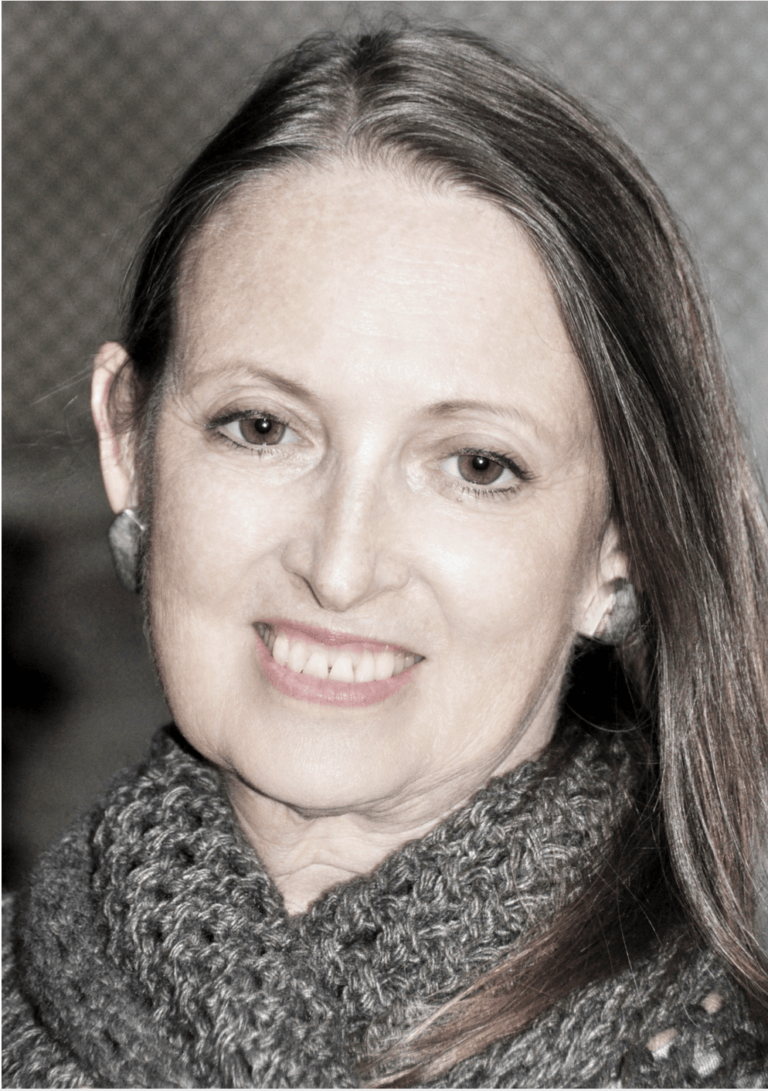
Pamela Miles is an international spiritual teacher, Reiki master and integrative health consultant with five decades of spiritual practice. She is the foremost Medical Reiki pioneer introducing Reiki practice to conventional medicine, including Harvard, Yale and the National Institutes of Health (NIH), and publishing in peer-reviewed medical journals, including the Journal of the American College of Cardiology. She is the author of the award-winning book REIKI: A Comprehensive Guide. Her work has been featured by NBC, CBS, CNN, FOX, The Atlantic, US News & World Report, New York Magazine, Allure, and Self.
Pamela’s goal is to educate people about practical spirituality, empowering the public to take better care of themselves for everyone’s sake, and to bring self care back to health care. She is known for sharing spiritual insight with simple, direct elegance, and for her preference for continuing inquiry over facile answers
Website | Instagram | Free Reiki Timer App by Pamela Miles